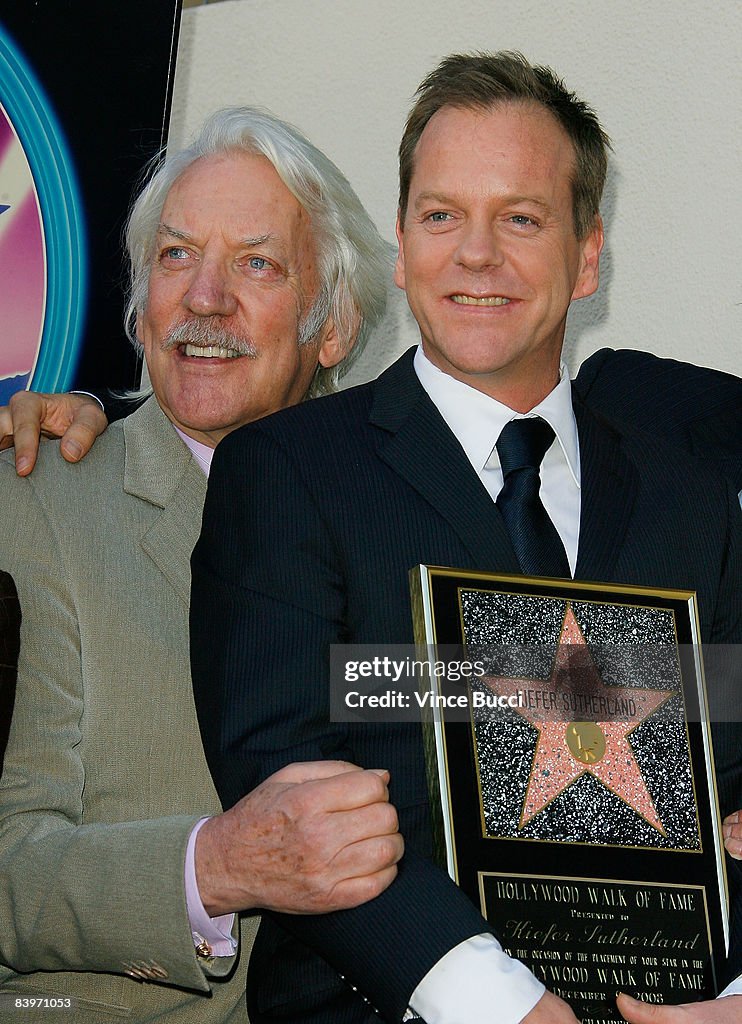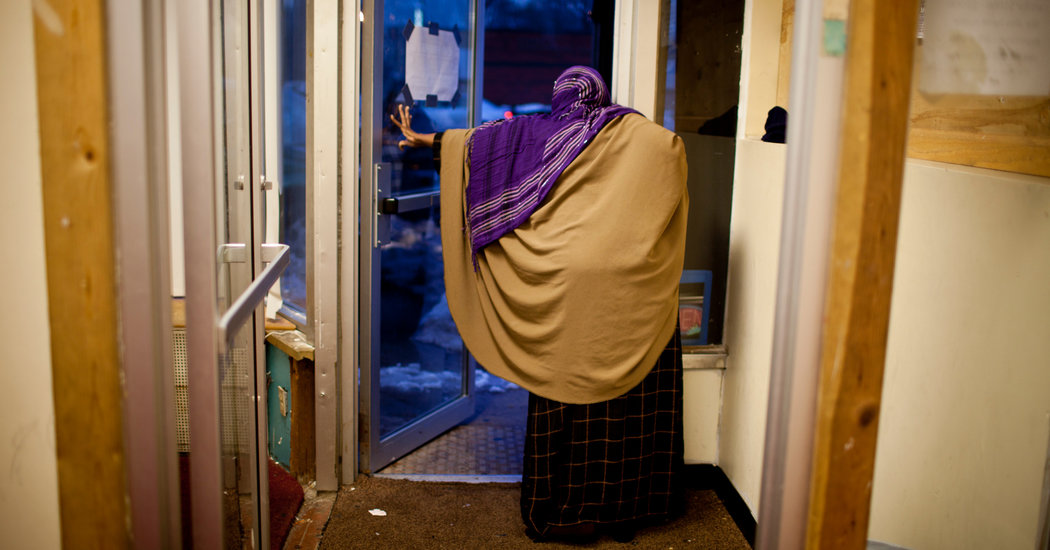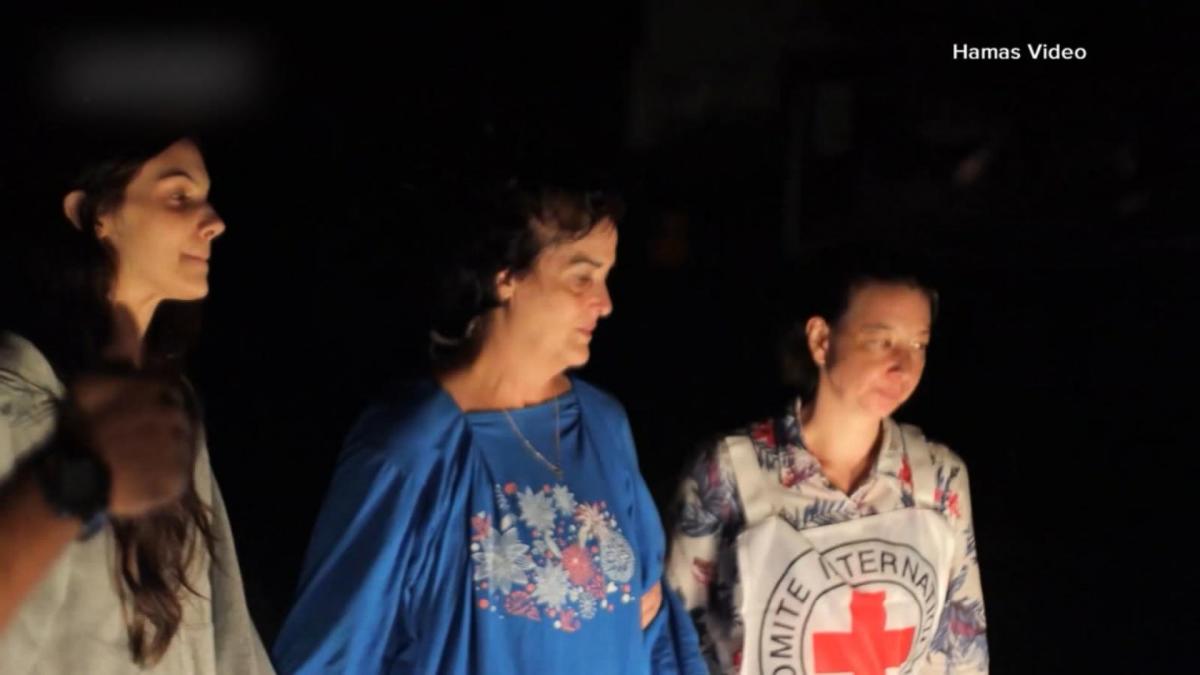Hollywood Shutdown: Double Strike Cripples Film And Television Production

Table of Contents
The Impact on Production
The Hollywood shutdown's impact on production is devastating and multifaceted. The ripple effect extends far beyond the immediate concerns of writers and actors.
Halted Filming and Post-Production
The strike has effectively halted nearly all major film and television productions. This includes:
- Feature films, from big-budget blockbusters to independent projects.
- Television series, both scripted and unscripted, across all networks and streaming platforms.
- Commercials, impacting advertising campaigns and brand marketing strategies.
- Late-night talk shows, leaving viewers without their usual comedic relief.
This complete shutdown has resulted in:
- Massive backlogs: A significant number of unfinished projects are piling up, creating a bottleneck for future releases.
- Delayed release dates: Upcoming films and shows face indefinite delays, impacting marketing plans and audience anticipation.
- Ripple effects across related industries: Businesses dependent on film and television production, such as catering services, location scouting companies, and transportation services, are experiencing significant financial hardship.
Financial Ramifications
The financial consequences of the Hollywood shutdown are staggering. The industry is losing billions of dollars each week, impacting a wide range of stakeholders.
- Loss of revenue from delayed releases: Studios are losing potential box office revenue and streaming subscriptions due to postponed releases.
- Increased insurance costs: Production delays lead to increased insurance premiums and potential coverage issues.
- Financial hardship for freelance workers: Freelance writers, actors, crew members, and other industry professionals are facing significant financial uncertainty due to lost income.
- Potential studio layoffs: Prolonged shutdowns could force studios to implement cost-cutting measures, including layoffs and salary reductions.
International Impact
The Hollywood shutdown’s impact extends far beyond the United States. International productions reliant on American crews and talent are also severely affected.
- Delays in international co-productions: Joint ventures between US studios and international partners face significant delays and potential budget overruns.
- Impact on tourism related to film production: Locations used for filming experience a downturn in tourism revenue.
- Potential job losses in other countries: The disruption in global film production affects crew members and other industry professionals worldwide.
Key Issues Fueling the Strike
The WGA and SAG-AFTRA strikes are driven by several critical issues concerning fair compensation, the rise of AI, and working conditions.
Fair Wages and Residuals
Both unions are fighting for fair wages, especially concerning residuals in the streaming era. Traditional revenue streams have diminished significantly.
- The shift to streaming has drastically reduced actor and writer compensation compared to the traditional television and theatrical models.
- There are demands for increased transparency in streaming revenue to ensure fair compensation based on viewership and platform performance.
- Both unions are calling for a fairer share of profits from streaming platforms, reflecting the significant value their work contributes to these platforms' success.
Artificial Intelligence Concerns
The rapid advancement of AI and its potential to replace human writers and actors is a major concern fueling the strikes.
- There are serious concerns regarding AI-generated scripts and performances, which could devalue the work of human creatives.
- The unions are demanding safeguards to protect artists' jobs and prevent the unchecked use of AI in content creation.
- Negotiations are centered around establishing ethical guidelines for the use of AI in the industry to ensure that it complements, rather than replaces, human talent.
Working Conditions
The strikes also address crucial concerns surrounding working conditions in the film and television industry.
- There are demands for better working conditions on set, including reasonable hours and improved safety measures.
- Increased safety measures are essential to protect workers from potential hazards and harassment.
- The unions are advocating for improved healthcare and retirement benefits for freelance workers, addressing the instability inherent in their employment model.
Potential Long-Term Consequences of the Hollywood Shutdown
The prolonged Hollywood shutdown could have significant and lasting consequences for the industry.
Shift in Production Landscape
The strike could accelerate the shift towards decentralized production, potentially moving more projects to countries with lower labor costs and fewer union protections.
- Increased global competition for film and TV production could lead to a decline in US-based productions.
- Production hubs might relocate to countries with more favorable labor laws and financial incentives.
- This shift could have a significant impact on the US economy, particularly in states heavily reliant on film and television production.
Impact on Creativity and Innovation
Prolonged shutdowns could stifle creativity and innovation, resulting in a decline in the quality and diversity of content.
- Fewer new projects will be in development, potentially leading to a reduction in the number of new stories and voices.
- Reduced opportunities for emerging writers and actors will limit the influx of fresh talent and perspectives.
- The overall impact on storytelling and artistic expression could lead to a homogenization of content.
The Future of Streaming
The strike could force a reevaluation of the current streaming model, leading to potential changes in how content is financed and distributed.
- Contracts between studios and streaming platforms may be renegotiated to reflect the value of creative labor.
- Subscription models could be impacted as the cost of producing content increases.
- The entire content creation and distribution process may undergo significant changes to address the issues raised by the strike.
Conclusion
The Hollywood shutdown, a consequence of the dual WGA and SAG-AFTRA strikes, represents a pivotal moment for the entertainment industry. The core issues – fair compensation, AI regulation, and improved working conditions – are fundamental to the future of film and television. Understanding the complexities of this Hollywood shutdown and its wide-ranging implications is critical for anyone involved in or interested in the industry. Staying informed about the ongoing negotiations and the potential resolution to the strike is crucial. To stay updated on the latest developments in the ongoing Hollywood shutdown, keep checking back for updates.

Featured Posts
-
 Kiefer Sutherland Pays Tribute To His Late Father Donald At Csas
May 26, 2025
Kiefer Sutherland Pays Tribute To His Late Father Donald At Csas
May 26, 2025 -
 Southern Travel Destination Rebuts Safety Concerns After Recent Violence
May 26, 2025
Southern Travel Destination Rebuts Safety Concerns After Recent Violence
May 26, 2025 -
 Thqyqat Mtsaret Fy Qdyt Qtl Eayly Bshe Bfrnsa Almthm La Yzal Fara
May 26, 2025
Thqyqat Mtsaret Fy Qdyt Qtl Eayly Bshe Bfrnsa Almthm La Yzal Fara
May 26, 2025 -
 Freed Hostages Agam Berger And Daniel Weiss To Participate In March Of The Living
May 26, 2025
Freed Hostages Agam Berger And Daniel Weiss To Participate In March Of The Living
May 26, 2025 -
 The Hells Angels A Comprehensive Overview
May 26, 2025
The Hells Angels A Comprehensive Overview
May 26, 2025
